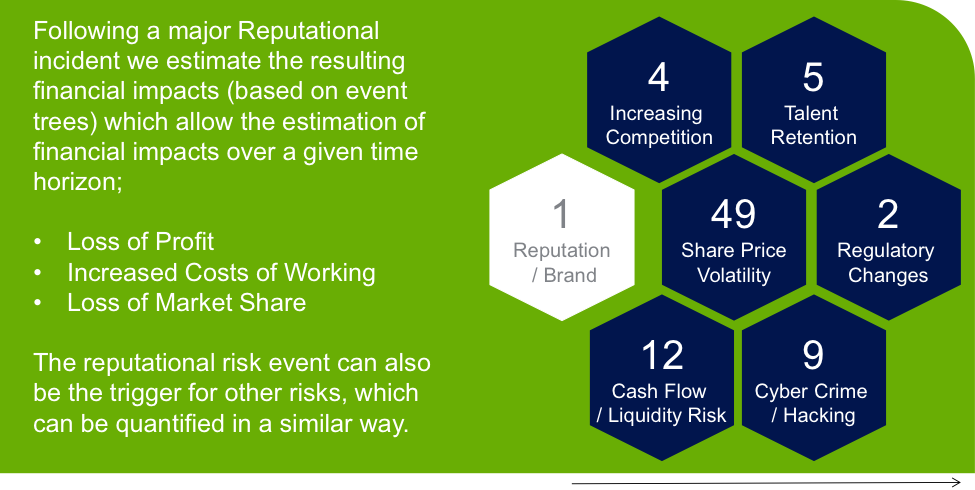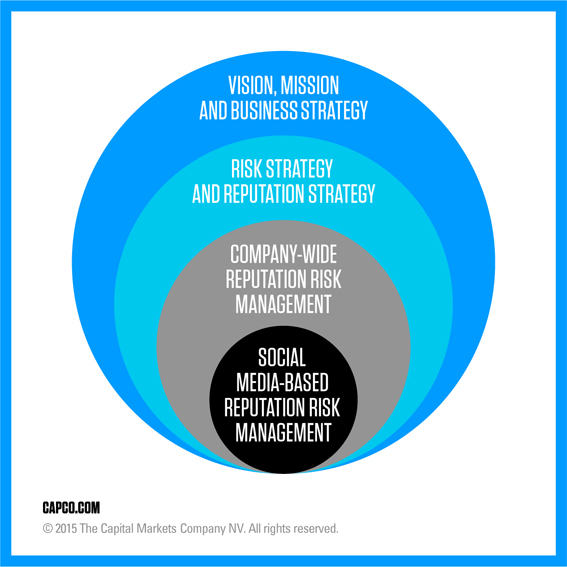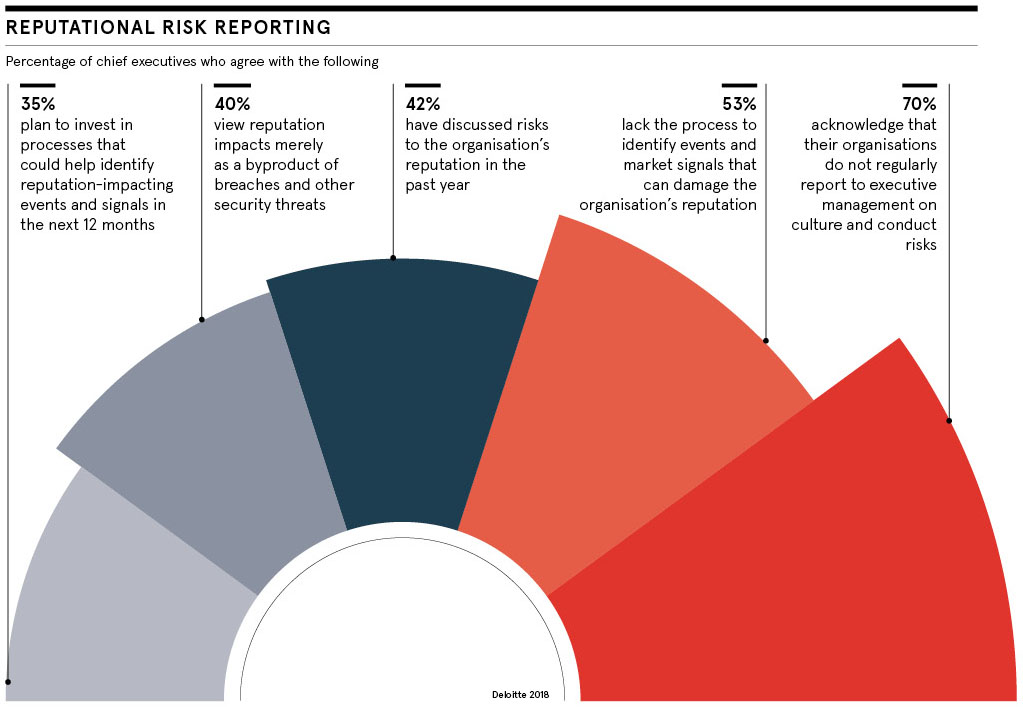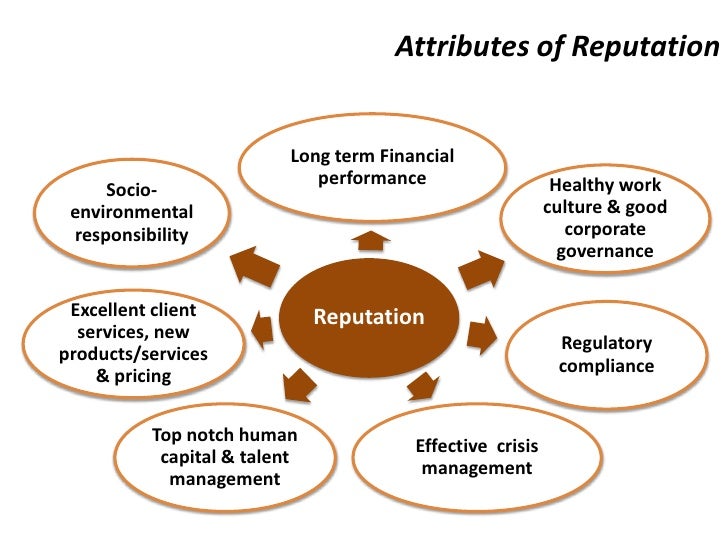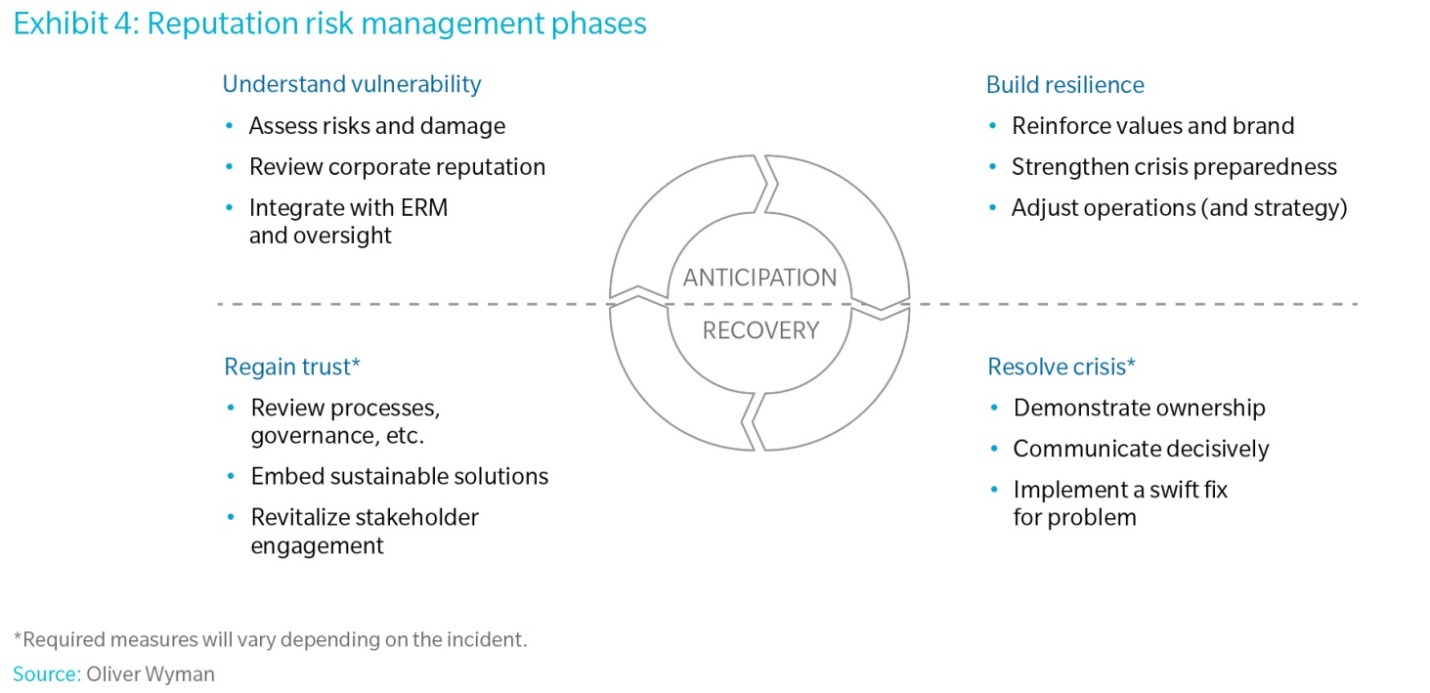Reputation Risk Management

Risk management and strategic risk.
Reputation risk management. Let s look at how they all relate to one another. Enterprise risk management is the process of minimizing the costs and damage of strategic risk. Risk management in practice the conceptual framework of reputation risk management can help a risk professional quickly analyze gaps in enterprise level controls conceptualize an ideal state and implement a roadmap to reduce reputation risk. After all reputation is the key to building public and consumer trust.
Reputational risk is a hidden threat or danger to the good name or standing of a business or entity and can occur through a variety of ways. Responsibility for reputation risk resides with the highest levels of the organization board and c how. The biggest problem with reputational risk is that it. Reputational risk at deutsche bank is defined as the risk of possible damage to deutsche bank s brand and reputation and the associated risk to earnings capital or liquidity arising from any association action or inaction which could be perceived by stakeholders to be inappropriate unethical or inconsistent with the bank s values and beliefs.
Reputational risk has traditionally been seen as an outcome of other risks and not necessarily a standalone risk. Management not doing enough to protect from reputational risk. A reputation risk that is not properly managed can quickly escalate into a major strategic crisis. What reputation risk is a top strategic business risk being a key business challenge.


